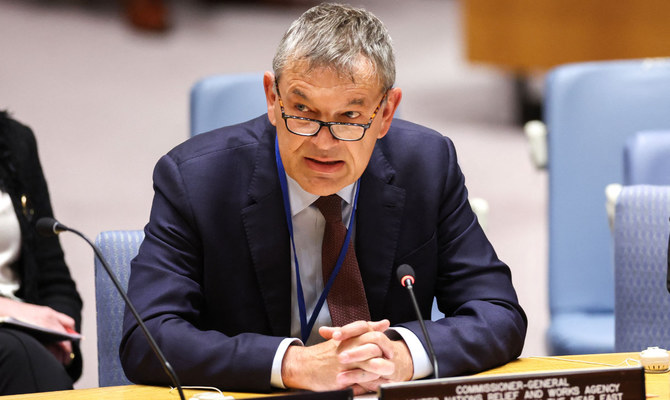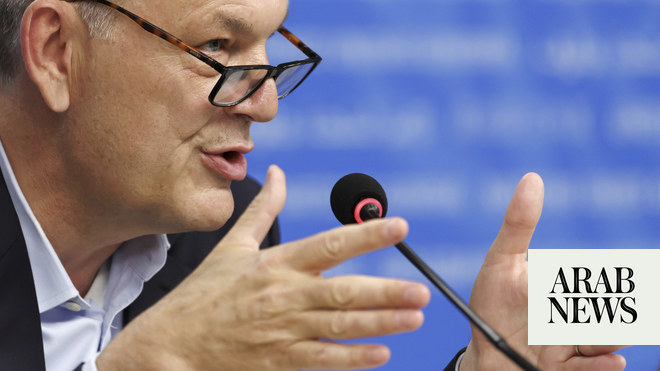
Thousands were executed in 1988 when Iran’s new president was a prosecuting judge
JEDDAH: The UN investigator into human rights in Iran called on Tuesday for an independent inquiry into state-ordered executions of thousands of political prisoners in 1988 when new President Ebrahim Raisi was a prosecuting judge
in Tehran.
Javaid Rehman said his office had gathered evidence that it was ready to present to the UN Human Rights Council, and he said he was concerned that mass graves were being destroyed as part of a cover-up.
“I think it is time, and it’s very important now … that we start investigating what happened in 1988 and the role of individuals,” said Rehman, a law professor in London who was appointed UN special rapporteur on human rights in Iran in 2018.
“Otherwise we will have very serious concerns about this president and the role … he has played historically in those executions.”
Raisi is under US sanctions over a past that includes his role as one of four judges who oversaw the 1988 killings, for which he was dubbed the “butcher of Tehran.” Amnesty International has estimated the number executed at 5,000, and said in a 2018 report that “the real number could be higher.”
Rehman said: “The scale of executions that we hear implies that it was a part of a policy that was being pursued ... it was not just one person.”
OPINION
Dr. Diana Galeeva
Iran’s relations with Russia to be tested under Raisi
Author
READ ARTICLE
He said there had also been “no proper investigation” into the killing of protesters in Nov. 2019, the bloodiest political unrest since the 1979 Islamic revolution.
“Even by conservative estimates we can say that more than 300 people were killed arbitrarily, extrajudicially, and nobody has been held accountable and no compensation.
“There is widespread and systemic impunity in the country for gross violations of human rights, both historically in the past as well as in the present.
“We have made communications to Iran because we have concerns that there is again a policy to actually destroy the graves or there may be some activity to destroy evidence of mass graves. I will campaign for justice to be done.”
Raisi will succeed Hassan Rouhani as president on Aug. 3, after what was widely perceived as a “rubber stamp” election this month marked by voter apathy. Rehman denounced what he called “deliberate and manipulative strategies adopted to exclude moderate candidates and to ensure the success of a particular candidate.”
He said: “There were arrests and intimidation, and journalists were stopped from asking specific questions about Raisi’s background.”












